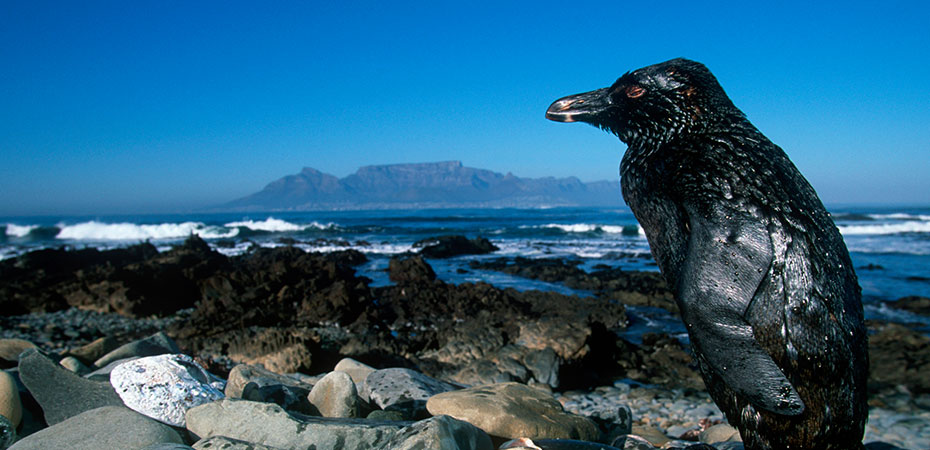The Ecocide Bill is sponsored by Baroness Boycott, a crossbench peer and vice chair of Peers for the Planet, a cross-party climate and nature action group. Below, we briefly review the main provisions of the Bill and discuss its potential implications.
Offence of ecocide
Sections 1 and 2 of the Bill define the offence of ecocide as ‘unlawful or wanton acts or omissions… [which have] a substantial likelihood of severe and either widespread or long-term damage to the environment’ (long-term damage being that which is irreversible or which cannot be redressed through natural recovery within a reasonable period of time).
Ecocide could be committed by any individual, companies, partnerships or other organisations. This includes public bodies, government departments and other servants or agents of the Crown, as specified in section 8 of the Bill.
Superior responsibility
Section 4 of the Bill sets out the concept of ‘superior responsibility’ to provide that people in seniors position, such as directors, senior managers, partners, or leaders are responsible for the offences committed by staff under their authority. Responsibility extends to failing to prevent or stop all steps leading to the offence of ecocide.
Similarly, responsibility for the offence of ecocide extends to people responsible for aiding, abetting, counselling or procuring its commission.
Investigation and enforcement
Section 7 of the Bill requires that following the provision of sufficient resources to do so, the Environment Agency is responsible for the investigation of potential offences of ecocide
Penalties and protection
Section 3 of the Bill provides that after conducting a public consultation and taking advice from the Sentencing Council, the Secretary of State must establish the applicable defences to, and penalties for, committing an offence of ecocide.
Section 6 of the Bill requires the Secretary of State to introduce measures which will guarantee the protection of people reporting, providing evidence of, or collaborating in investigations about, the crime of ecocide. The specific measures would be established by Statutory Instrument within six months of the Bill being passed.
Analysis
The chances of the Bill making it through both Houses of Parliament appear to be slim, but are far from zero. Other legal systems around the world, including include Ukraine, Moldova, Georgia, and France have ecocide laws – often relating to the mass destruction of flora and fauna, poisoning of air or water resources, and other actions that may cause an environmental disaster. As a result, the Bill is certainly noteworthy, but ecocide is not as radical a concept as some commentators may think.
Whilst the Bill may not make it far beyond a second reading in early 2024, it can be seen as an act of environmental advocacy: kick-starting the debate as to whether we need more criminal laws to protect our natural world, but also placing the United Kingdom at the heart of a wider, international discussion regarding efforts to recognise the crime of ecocide that may one day be considered by the International Criminal Court. Largescale polluters beware…
If you have any questions about this article, contact Ben Stansfield or Charles Couvreur.
NOT LEGAL ADVICE. Information made available on this website in any form is for information purposes only. It is not, and should not be taken as, legal advice. You should not rely on, or take or fail to take any action based upon this information. Never disregard professional legal advice or delay in seeking legal advice because of something you have read on this website. Gowling WLG professionals will be pleased to discuss resolutions to specific legal concerns you may have.
Gowling WLG is a multinational law firm formed by the combination of Canada-based Gowlings and UK-based Wragge Lawrence Graham & Co in February 2016, in the first multinational law firm combination co-led by a Canadian firm.
Please visit the firm link to site





